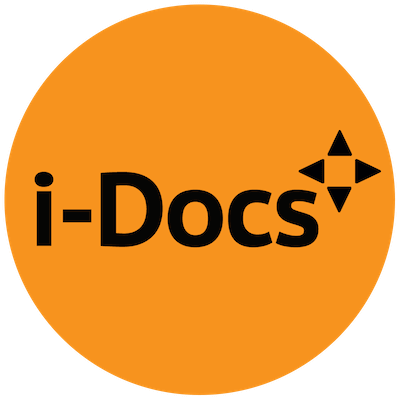A COMPLETELY PERSONAL AND QUITE POSSIBLY PIXELATED SUMMARY OF KEY TAKE-AWAY POINTS FROM THE 2012 I-DOCS SYMPOSIUM, by Kerric Harvey
1. Match the tool with the job and start with “the job.” In other words, let technology enable, assist, or augment creativity, not define it. By the same token, avoid gratuitous interactivity—the act of making something “interactive” because you can, not because it advances the narrative, suits the story structure, and/or supports the purpose of the piece.
2. If you find that the technological tool you need doesn’t exist, then invent it—but check what’s “out there” first.
3. Realize that “abdicating” authorial choice is an authorial choice in its own right. For example, if you decide to crowd-source decision-making, this action, in its own right, is a decision for which you are still responsible. You can’t walk away from ultimate responsibility for the authorial role—you can only fracture it, fragment it, or farm it out. Ultimately, however, the moral, legal, ethical, and to overall creative responsibility rests with you, because you kicked it off in the first place.
4. This means that, as creators, we still have to take final responsibility for the choices we make, even if that’s to let other people make a lot of those choices. Bottom Line: To make something “interactive” is not the same thing as making it morally neutral.
5. These last two items (#3 & 4) suggest that adding interactivity, per se, also adds an entirely new layer of ethical complexity to several long-standing and central debates of documentary filmmaking, especially those pertaining to: a) the privacy rights of participants/subjects of the documentary (who are now likely to be its viewers and co-creators as well), and; b) the political security of these same people. This speaks to a fundamental shift in the ethical paradigm surrounding documentary, non-fiction, and/or data-based story-telling when it shifts to an online landscape, because the very means by which material is both created and consumed also supplies tracking, monitoring, and system-based surveillance at every step of the process. Amplification: Social media is not private despite whatever types of devices a user might employ to “make” it so and nothing on it or about it belongs to the “user.” Twitter just sold off two years of every body’s back tweets, for example.
6. A technical note from the writing perspective: We must remember that every moment of viewer/participant “interaction” is also a moment of “interruption” in the story’s narrative flow. This, in turn, means that we will have to develop new ways of exciting and engaging the “viewer” which do not necessarily rely on the classic story arc, with it’s need for sustained and escalating dramatic tension, since there’s no guarantee that there will be “space” in the plot structure to support this. This is especially true of material delivered via mobile platforms.
7. We must not be afraid of accepting an authorial voice for its own sake any more than we automatically assume a strong authorial role is the best option in every instance. In other words, we must avoid categorical assumptions in either direction – pro-authoring or anti-authoring. There are times and places in the story-telling universe in which this is not just appropriate to the intention of the story but also the best way to structure the narrative experience. In short, it’s important to approach each story-telling event separately and on its own terms, choosing the degree of author control which best suits each specific instance.
This is especially true when working with local material from a global perspective. Although in this day and age of virtual relationships, instantaneous communication, and increasingly interlocking economic and political trans-nationalism, there is some cachet to the idea of the “global citizen,” it’s crucial to avoid falling prey to a false equivalency between local and global realities.
The key differentiator here has to do with the political stakes and personal implications of those stakes for locals as contrasted with “globals.” The consequences of actions and events in a given hotspot, such as Egypt, for instance, are going to affect the people who have to live in an area in different ways and with different levels of intensity than they will those who live elsewhere. This is a simple truth, but one which is easy to overlook in the excitement and momentum of place-specific events which also have an effect in the larger world.
8. Do not confuse “curating” with “authoring.” The first function relates to framing content; the second, to interpreting it.
9. Never confuse a “data set” with a “story”, or “documenting” with “documentary.”
10. Never forget that the choice to exclude narrative material exerts just as much story-telling responsibility and just as much shaping influence on a piece of media as does the decision to include something.
